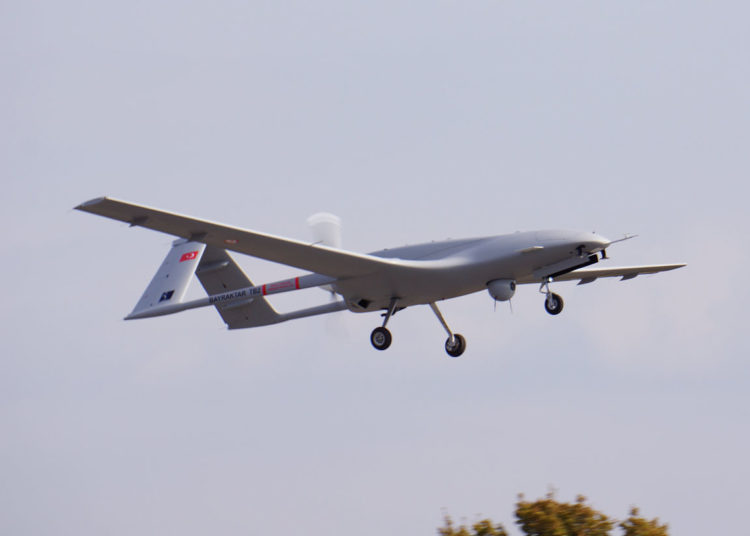Levent Kenez/Stockholm
The Turkish government’s neglect of its international responsibility to prevent exported weapons from reaching unintended end-users came under scrutiny during a parliamentary Foreign Affairs Committee meeting on July 10.
Mustafa Murat Şeker, deputy chairman of the Presidency of the Defense Industry (SSB), revealed procedures and tracking methods as Turkey takes steps to ensure the security and compliance of its arms exports.
According to Şeker, when a Turkish company plans to export arms, it must apply to the Ministry of Defense. The application must specify the product, the receiving country and the intended buyer. The ministry then consults with the General Staff, the Ministry of Foreign Affairs and the SSB to obtain their approvals.
The Foreign Affairs Ministry assesses the political implications of the sale. For instance, Turkey does not approve arms exports to India due to its close ties with Pakistan. Similarly, during the Ukraine-Russia conflict, Turkey only allows the export of defensive, not offensive, weapons to Ukraine. However, it appears that the Bayraktar drones produced by President Recep Tayyip Erdogan’s son-in-law, Selçuk Bayraktar, are exempt from this policy.
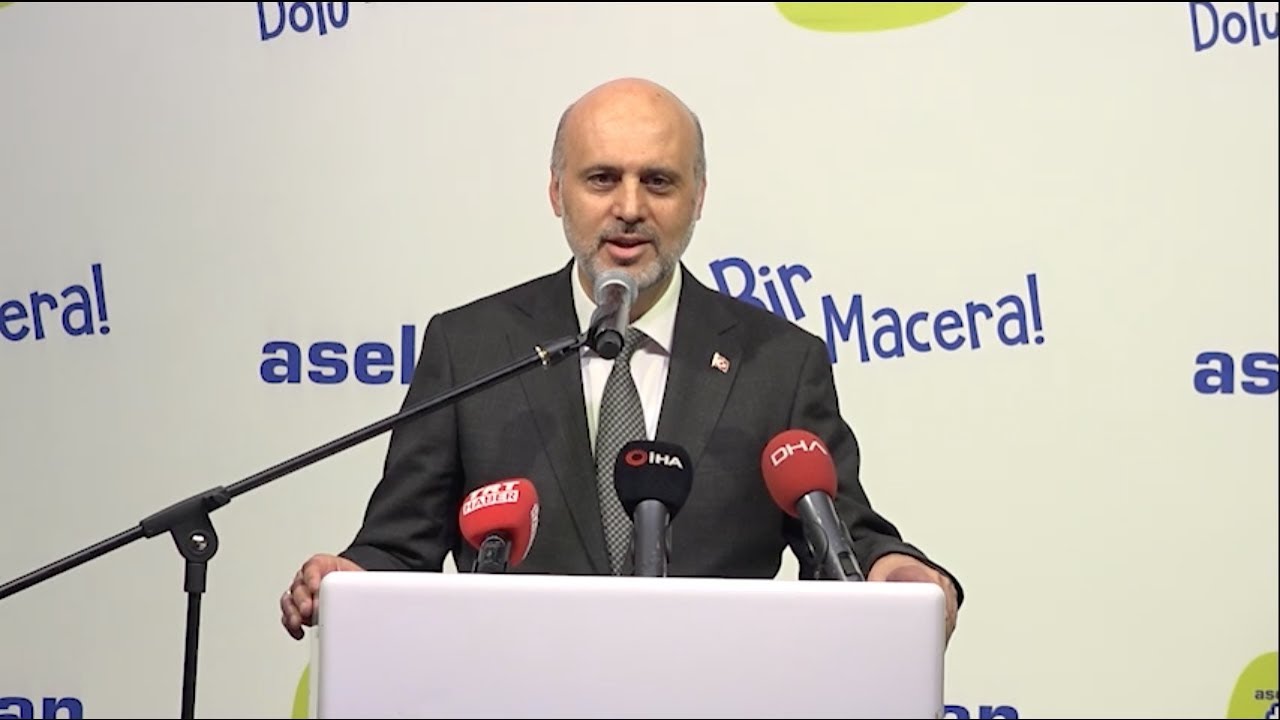
Once all necessary approvals are obtained, the Defense Ministry and the General Staff evaluate the military aspects of the transaction and consider how the arms sale will affect Turkey’s military relations with the receiving country.
Şeker emphasized that technology transfer and joint production agreements are also carefully scrutinized. He noted that the degree of sensitivity of the exported product plays a crucial role in the approval process. Simple items like ballistic vests and helmets receive approvals easily, but more sensitive equipment requires detailed analysis.
One of the most intriguing aspects of Turkey’s export control measures is the use of GPS tracking and spyware. Şeker explained that highly sensitive products are equipped with GPS devices to monitor their location. This ensures that the products remain with the intended recipient and are not resold to unauthorized third parties. Additionally, some products are fitted with software that allows for further tracking and control.
Şeker also mentioned that these measures are taken transparently and are included in the agreements with the purchasing countries, ensuring that all parties are aware of the tracking and control measures in place.
Nordic Monitor previously reported that Turkey may have integrated kill switches into exported Bayraktar armed drones, a revelation echoing recent statements by İsmail Demir, the former head of the SSB. In a December 17, 2021 interview with a local TV station, Demir emphasized that Turkey ensures its armed drone exports do not pose risks domestically. He hinted at the presence of a kill switch designed to remotely render the drones useless if necessary. The Bayraktar drones have been exported to various countries, including Ukraine, Poland, Qatar, Libya, Kyrgyzstan, Kazakhstan, Ethiopia and Azerbaijan, underlining Turkey’s robust defense export policies amid international scrutiny.
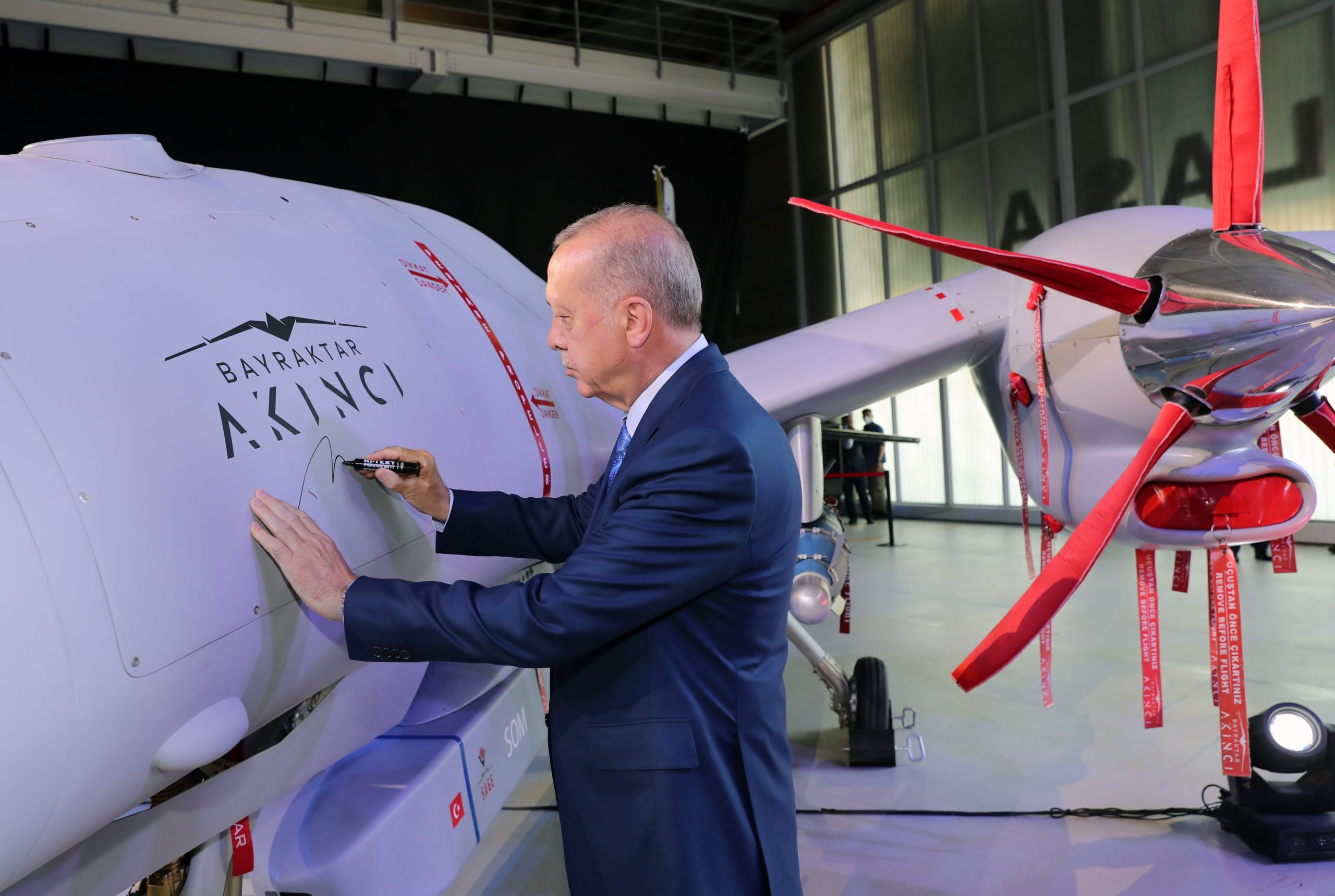
The groups to which Turkey has sold weapons and the areas where they’ve been used have frequently made headlines worldwide in recent years.
On October 21, 2023 a video shared by Hamas’s armed wing, the Izz ad-Din al-Qassam Brigades, showed that one of the drones used in the October 7 attacks against Israeli targets was manufactured by the Istanbul-based Remzi Başbuğ Assuva Savunma Sanayi (Assuva Defense Industry). The propaganda video featured the simultaneous use of at least three Turkish drones. Assuva is owned by Remzi Başbuğ, a 46-year-old native of the central province of Nevşehir who has close ties with Erdogan, receiving VIP treatment in government circles and granted access to senior officials.
Addressing the use of the drones by Hamas, Şeker clarified the regulatory framework governing the export of such technologies. “First, I must emphasize that we have a list controlled by law, meaning not everything is subject to export permits. If an item is not on that list, especially small drones and those without weapons, it might not require a permit. This could explain the situation with the drones in question.”
Şeker further elaborated on the difficulty of controlling technology. “You can order all the parts needed to build a kamikaze drone from Alibaba and assemble it at home. Unfortunately, this is the reality of the technological era we live in. Preventing this is very challenging. Anyone can order parts and build a drone, including armed ones, which illustrates the broader issue at hand.”
Şeker’s comments may suggest a justification for the drones allegedly used by Hamas not explicitly requiring export permits under current regulations. It could also be interpreted as an attempt by President Erdogan’s government to deflect responsibility.
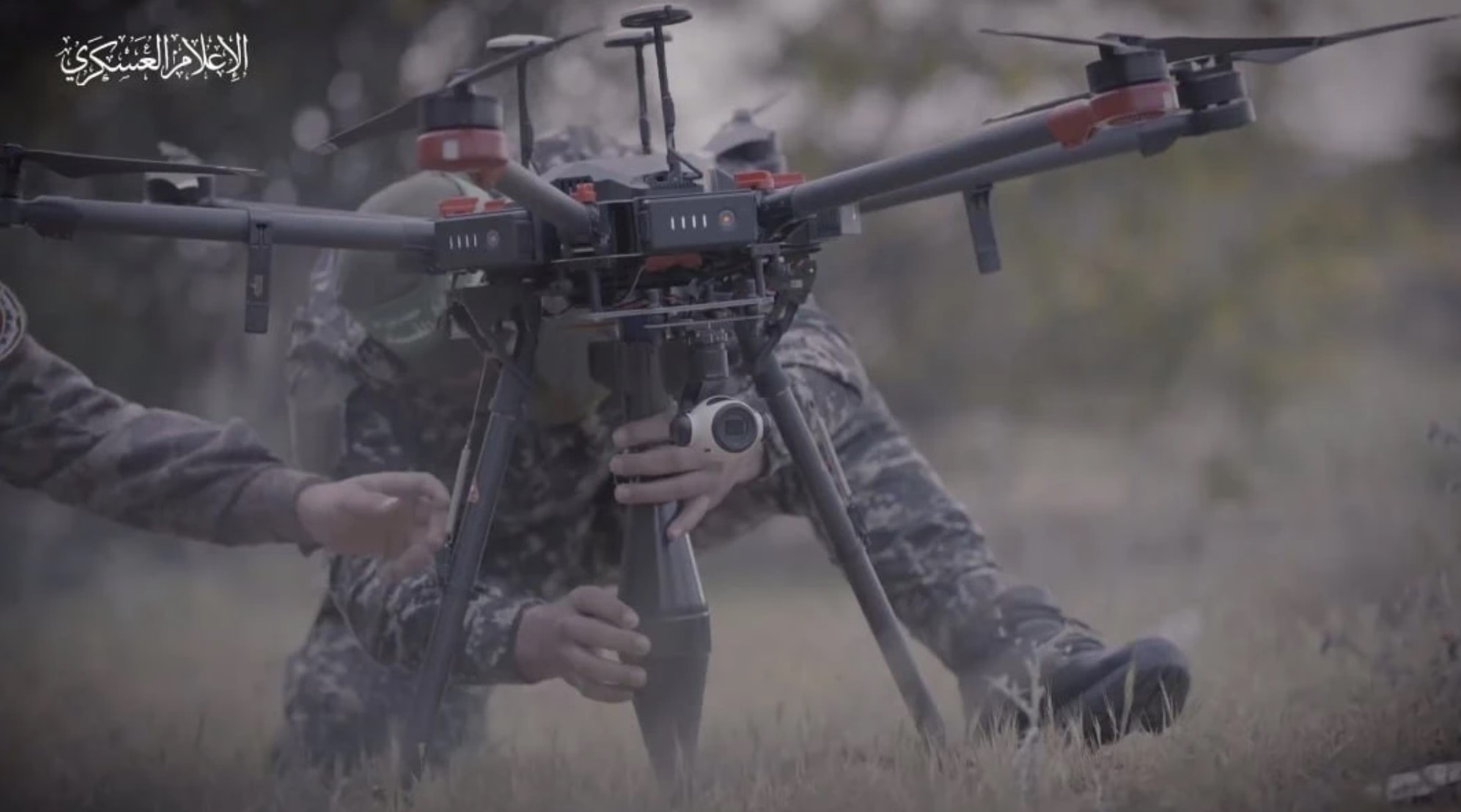
Turkish-Ethiopian military relations came to the international agenda after the Ethiopian army on January 7, 2022 hit a primary school filled with children, women and elderly men with drones bought from Turkey. At least 59 civilians were killed, and dozens more were injured. Up until that time, Turkey was not known to have sold drones to Ethiopia. Weapons remnants recovered from the site were determined to be MAM-L (smart micro munition) guided bombs produced by Turkey’s Roketsan and paired exclusively with Bayraktar drones. The Turkish Embassy was reportedly moved to Kenya over security concerns; however, the Turkish Foreign Ministry denied it, saying only the ambassador had temporarily left Ethiopia.
At a committee meeting Kani Torun, Turkey’s former ambassador to Somalia and a member of the Future (Gelecek) Party, raised concerns about whether Turkey was supplying UAVs and drones to Ethiopia amid the ongoing conflict in the region. In response Hüseyin Duman, director general of technical services at the Ministry of Defense, confirmed that Turkey had indeed authorized the use of its drones in Ethiopia.
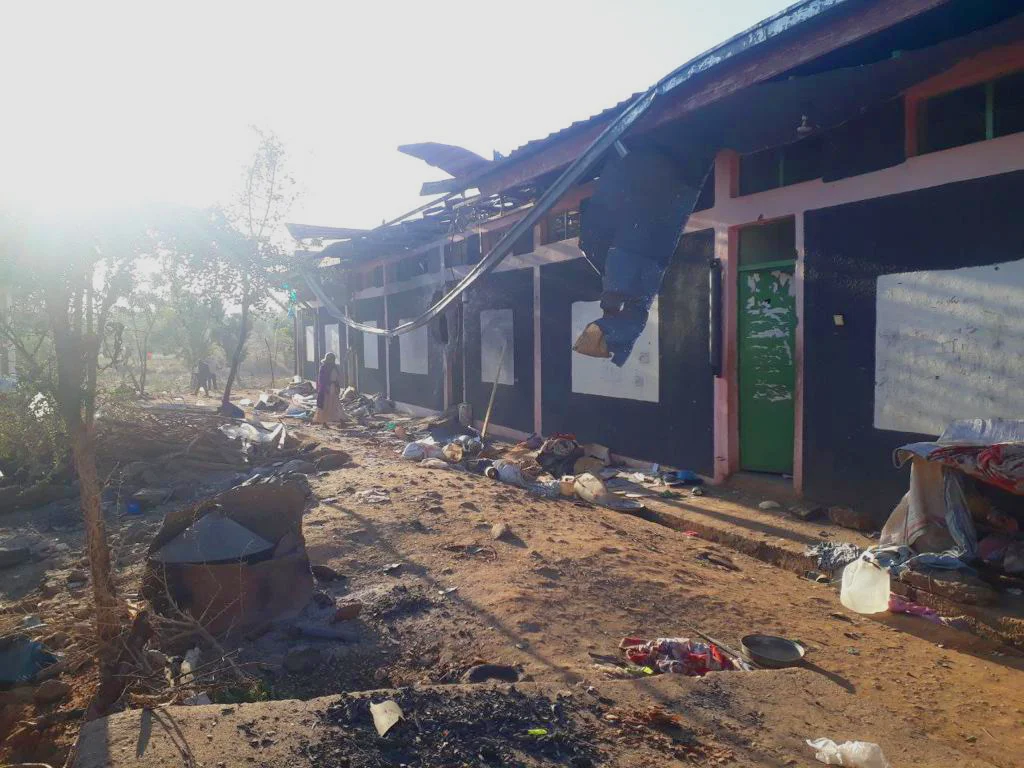
Turkey’s sale of military drones to Ukraine caused tensions with Russia in October 2021. Ukrainian state television broadcast a video showing a Turkish-made military drone used against Russian-backed forces in the eastern Donbas region on October 23, 2021.
The Kremlin said the following day that its fear about Turkey’s decision to sell strike drones to Ukraine was being realized and that the Turkish drones risked destabilizing the situation in eastern Ukraine.
However, Turkey claimed it has no responsibility for how the drones it sells are used. “If a country buys them from us, they are no longer Turkish,” then-foreign minister Mevlüt Çavuşoğlu told reporters after he met with his Russian counterpart, Sergei Lavrov, at the G20 summit in Rome in November 2021.
“Perhaps Turkey has produced it, but it belongs to Ukraine,” he said. Nevertheless, he also called on Ukrainian authorities to stop referencing Turkish drones or Turkey when speaking of the drones.
Despite expressing discomfort over Turkey’s continued drone sales to Ukraine following Russia’s invasion in 2022, Moscow has not escalated this issue into a crisis point between the two countries. This restraint is largely due to Turkey’s decision not to join Western sanctions and its role in evading the embargo on Russia.
Similarly, Fuat Oktay, chairman of the parliamentary Foreign Affairs Committee, argued in a meeting that just as American F-16 jets are not referred to as “American F-16s that bombed,” the term “Turkish drones” should not be used for these drones, either.
Deputy Foreign Minister Burhanettin Duran claimed that allegations concerning Turkey’s defense industry are deliberately raised by rival countries in the market, emphasizing that sales contracts have clear provisions adhering to international rules and standards.
Minutes of the parliamentary committee meeting:

